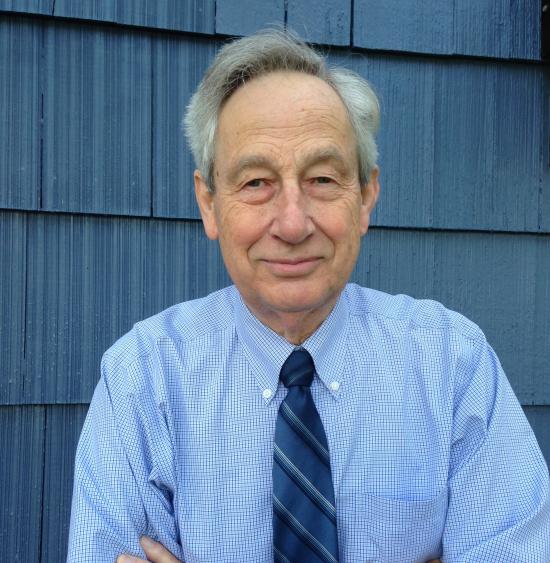Two Talks: Incorporating Sense-making Into Descriptions of Information Systems and Scenarios and Issues in “Send Computation to the Data” Repository Models
Incorporating Sense-making Into Descriptions of Information Systems
Michael Buckland
Both the theorizing of information systems and representations of information systems and services give prominent attention to information technology and logical flows. But human sensing, sense-making, and becoming informed, although obviously important, get less attention. I will propose how this weakness could be remedied with a more hermeneutic view of information systems.
Scenarios and Issues in “Send Computation to the Data” Repository Models
Clifford Lynch
In recent years, there has been a resurgence of interest in data repository models that propose to send the computation to the repository rather than transferring data from a repository to a computational environment. This is much more complex than it appears, depending on the assumptions that are being made. I'll examine some of the justifications and motivations for doing this, and outline the issues involved at a high level.
Michael Buckland is emeritus professor in the School of Information and co-director of the Electronic Cultural Atlas Initiative. He grew up in England and studied history at Oxford and librarianship at Sheffield University. He trained at the Bodleian Library in Oxford and moved to the University of Lancaster Library in 1965. In 1972, Buckland moved to the United States to be Assistant Director of Libraries for Technical Services at Purdue University Libraries before becoming Dean of the School of Library and Information Studies at Berkeley from 1976 to 1984. He served from 1983 to 1987 as Assistant Vice President for Library Plans and Policies for the nine campuses of the University of California. Professor Buckland's interests include bibliography, library services, search and discovery, cultural heritage, and the history and theory of documentation.
Clifford Lynch is the director of the Coalition for Networked Information (CNI) and an adjunct professor at the School of Information. Prior to joining CNI in 1997, Lynch spent eighteen years at the University of California Office of the President, the last ten as director of Library Automation. Lynch is a past president of ASIS&T and a fellow of the American Association for the Advancement of Science and the National Information Standards Organization.











